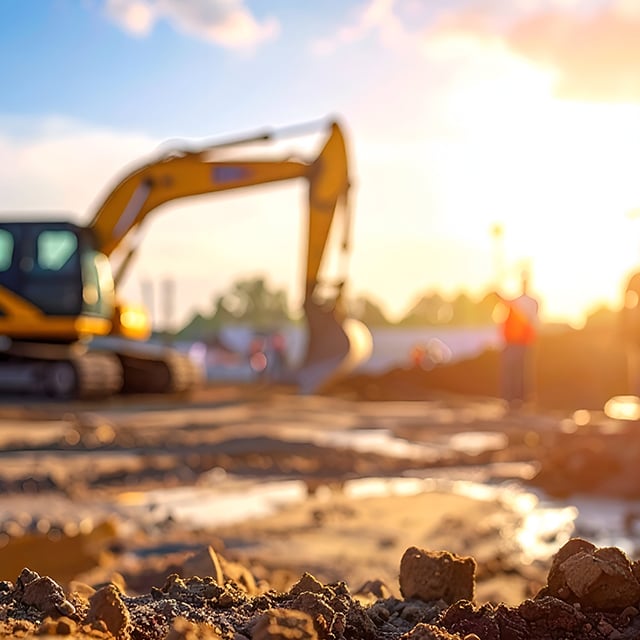The BC Supreme Court recently clarified several principles under the Environmental Management Act relating to liability for remediation costs for contaminated sites. In JI Properties Inc. v PPG Architectural Coatings Canada Inc., 2014 BCSC 1619, the Court ordered a former landowner, who was also the historical polluter, to compensate the current owner for $4.75 million in reclamation costs incurred to remove contaminants caused by the former owner's industrial activities. The case is significant not only due to the size of the award, but also because it sends a strong signal that the Court will interpret the Act in a manner which gives full effect to the polluter pays principle.
In the reasons for judgment, the Court addressed a number of issues that will provide guidance to parties involved in contaminated sites, including the following:
- The Act creates a unique statutory cause of action which permits a cost recovery claim for remediation costs, even when such costs are sustained over the span of several years. In particular, the Court confirmed that the limitation period for a cost recovery action under BC's old limitation legislation (in force prior to June 1, 2013) does not begin to run until all remediation costs have been incurred.
- Prior owners of a contaminated site can protect themselves from future liability through the Act's Certificate of Compliance regime (demonstrating compliance with the Act's remediation standards). However, the Act will not provide immunity to prior owners who had undertaken remediation in the past but which falls short of the Act's current standards. This remains the case even when such remediation was performed in consultation with government officials at the time and comfort letters were provided. Liability under the Act is absolute and retroactive.
- When assessing whether remediation costs are reasonable, the Act mandates that the agent responsible for conducting the clean-up should give preference to alternatives that provide permanent solutions. The participation of a qualified expert in determining an appropriate reclamation program will be viewed as favourable evidence of the reasonableness of clean-up expenses and, conversely, the failure to consult with an expert may result in the disallowance of certain costs.
- Unless there is clear evidence that a property has increased in value as a result of remediation undertaken by a landowner, the Court will not be inclined to consider any set-off against reclamation costs for increase in value to the property arising from the remediation.
If you have any questions about how this decision may affect you or your business, please contact Mike Theroux, David Bursey or Laura Gill.





















